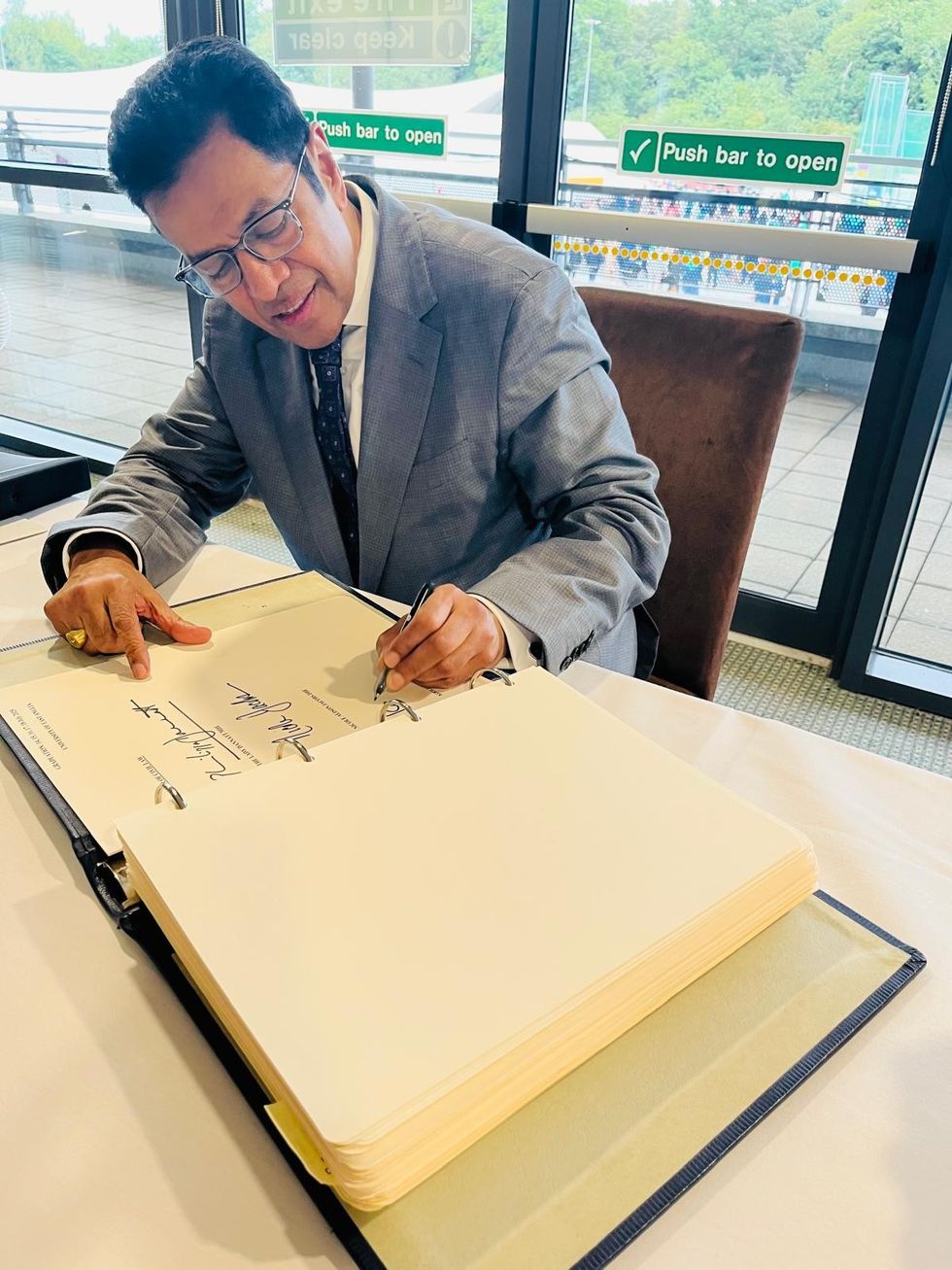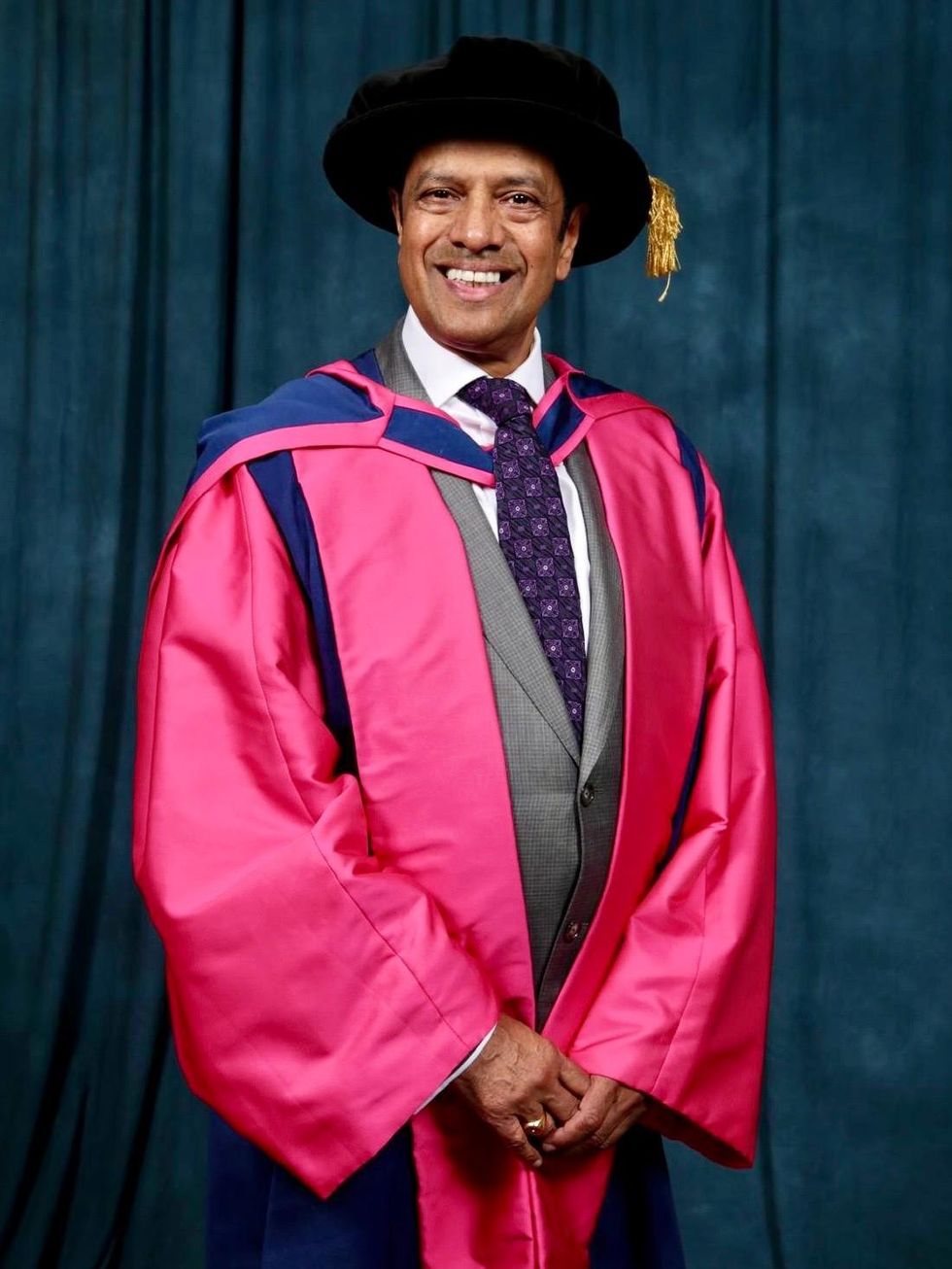Indian police on Sunday (28) accused an army officer and two associates of planting weapons on the bodies of three labourers killed in Kashmir to make it look as though they were militants in a staged gun battle.
Their July deaths sparked a furore in the Indian administered side of the Himalayan region that is also claimed by Pakistan.
The army had claimed that the three men were killed in a gun battle in the village of Amshipora in south Kashmir and that three weapons were found on them. The bodies were hurriedly buried in a remote border area.
The men's families in the remote mountainous area of Rajouri identified them one month later from photographs that circulated on social media. The families said the three had only been looking for work in Kashmir's apple orchards.
The controversy sparked rare separate investigations by the Indian army, which has more than 500,000 troops in Kashmir, and the police, who said they were only informed of the supposed firefight after the killings which violated the normal rules of engagement.
A police statement issued late Sunday said the officer and two others "planted illegally acquired weapons and material on their dead bodies after stripping them of their identities and tagged them as hardcore terrorists in possession of war-like stores."
The army said last week only that the recording of evidence in the case had been completed and action would follow.
Following the investigation, the bodies of the three slain men were exhumed in September and returned to their families after DNA tests.
Captain Bhoopendra Singh has been charged with murder, conspiracy and other offences, the police statement said. He is now in military detention. The two civilian "sources", who were with him at the time, are in police custody.
A local court has asked the army whether the accused officer should be tried in a civilian court or subjected to a military court martial, according to the statement.
Under the Armed Forces Special Powers Act, an emergency law applied in Kashmir since 1990 when an insurgency against Indian rule erupted, government forces deployed in the region cannot be tried in a civilian court unless the New Delhi government agrees.
No such permission has ever been granted during the last three decades, despite dozens of requests by the police after investigations into actions by the security forces.
Tens of thousands of people, mainly civilians, have died in the insurgency.

















 Koolesh Shah
Koolesh Shah Koolesh Shah
Koolesh Shah
